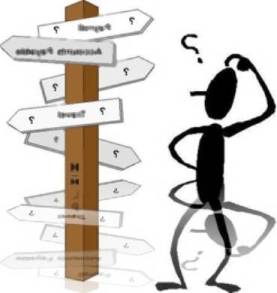
With the 12-point memo between the mainstream parties and the Maoist rebels having fallen flat on its own haziness, is Nepal on the verge of another churning process?
Probably. The harder thing to figure out is the shape or form of a putative realignment.
After weeks of defiant noises from government ministers on the inevitability of February's municipal elections, King Gyanendra's No. 2, Dr. Tulsi Giri, has indicated they could be postponed if the mainstream parties agreed to join reconciliation talks with the government.
How much Dr. Giri's overture was a response to the olive branch extended by Nepali Congress president Girija Prasad Koirala -- who offered talks with the monarch if he postponed the polls – is unclear. (How much of an overture was Koirala's stand, for that matter? He is, after all, under pressure to democratize his party's student wing and needed a diversionary ploy, right?)
Then you have UML leaders like Pradip Nepal suggesting that the seven-party alliance would boycott the polls, but not disrupt them. Does this suggest that lesser known UML figures would contest as independents, like, say, the way the Reds entered the Rastriya Panchayat in the 1980s?
Before you get carried away by a mainstream-monarchy rapprochement, consider the subtle hints of reconciliation on the other flank. Ministers have been suggesting behind-the-scenes contacts with the Maoists. One member of the Human Rights Commission has suggested that informal talks were already under way.
While threatening to return to full-scale war after the ceasefire expires next week, the Maoists have exercised great care in responding to a letter by Ian Martin, the U.N. human rights czar in Nepal.
The Maoist leaders, we are informed by Martin, have insisted their threat of "people's action" to thwart the municipal polls does not mean they have ordered cadres to take physical action against those involved.
Now, violence is the best instrument the Maoists have thrived on. Why have they foreclosed that option – if that indeed is what they have done – to an international entity?
Plausible deniability -- so that any violence could be automatically blamed on rogue elements?
Or does the categorical assurance suggest that the Maoist have opted to emulate some of the revolutionaries of the 80s that make up today's UML?
That group called for an "active boycott" of the national referendum in 1980. As it happened, their "protest" consisted of voting in favor of retaining the Panchayat system "with suitable reforms".
(Maila Baje remains convinced that the Panchayat camp won the referendum precisely because of this "boycott". Then-prime minister Surya Bahadur Thapa's post-ballot dexterity has been highly overrated.)
So which way is Nepal headed? Palace-mainstream or palace-Maoist? Or still mainstream-Maoist? The Nepali Congress's Ram Chandra Poudel, let's not forget, has been insisting that the end of the Maoist ceasefire would not affect the mainstream's understanding with them.